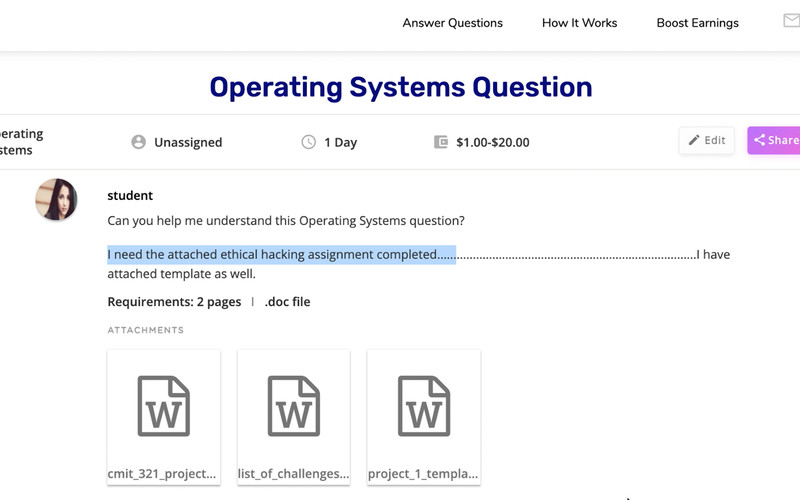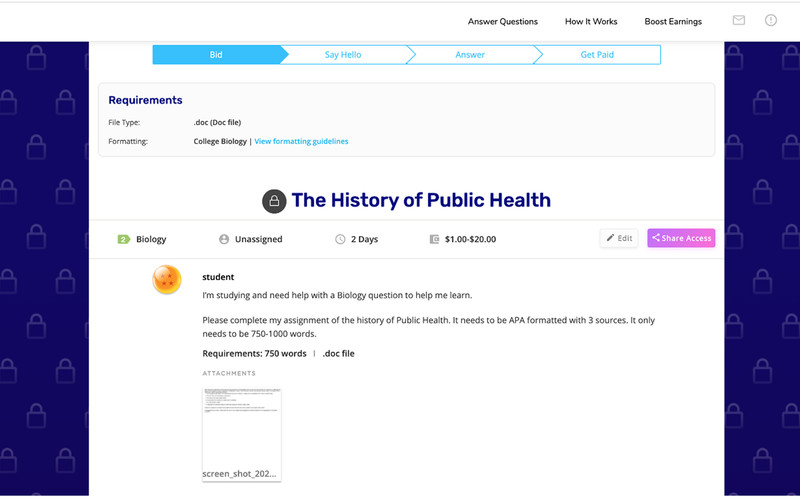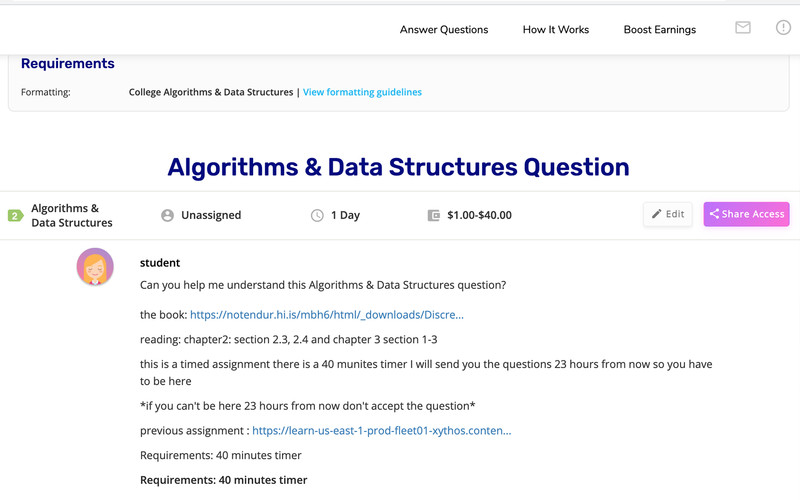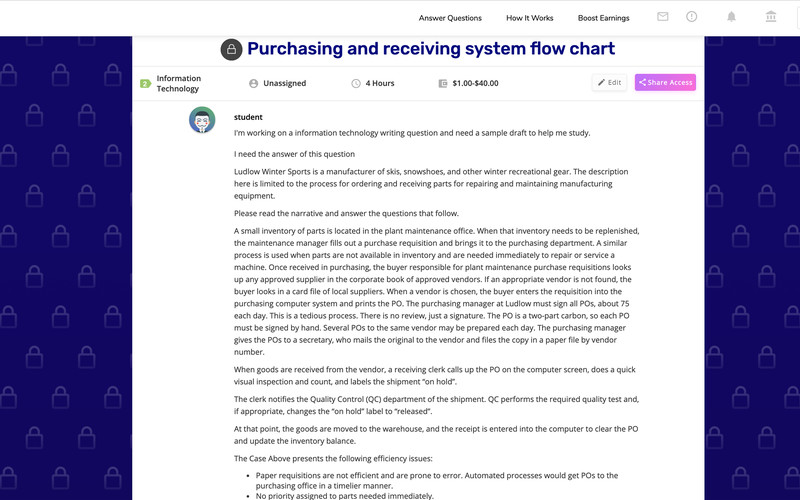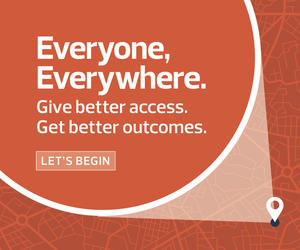Although students are blatantly asking for “tutors” to complete assignments and exams for them, EdTech saw academic ghostwriters making bids and accepting the work — often within minutes.
Students Hire Academic Ghostwriters to Take Online Courses for Them
Former and current academic ghostwriters also say that taking an entire online course for students is a common practice in the industry — a practice that has existed since the inception of online education. “That was always standard operating procedure,” says Dave Tomar, a former academic ghostwriter who started his decade-long career in contract cheating in 2000. He is currently the managing editor of Academic Influence, where he shares his insights on how educators can counter the surge of contract cheating during the pandemic.
“When I started doing this, I would frequently get these full online modules at the beginning of a rolling semester," Tomar says. “I got the full syllabus, and everything that I was expected to do over the next couple of months. Now, with countless students forced into remote learning, you have a whole new customer pool that is growing.”
As for how much students are willing to pay, the contractors charge “anywhere from $300 to $700 for a full class depending on the student, the subject and the difficulty,” says Alex, who currently works for a homework help site.
INSIDER EXCLUSIVE: Read Part 2 – What can universities do about contract cheating?
Fake Tutors Entice Unknowing Students to Engage in Contract Cheating
Academic cheating sites also strongly encourage students to sell their coursework— an act that may be illegal in 17 states.
“Distributing any post-secondary assignment for a profit with reasonable knowledge that it will be submitted by another person for academic credit is a crime in many US states,” Citron Research, an investment research firm that investigates overvalued fraudulent companies, stated in a report.
It’s a big problem for many institutions. According to Douglas Harrison, vice president and dean of the school of cybersecurity and information technology at the University of Maryland Global Campus, some of these contract cheating websites are “facilitating massive transfers of institutional proprietary material into their file-sharing systems.”
Harrison says many students may not even realize they are cheating when they download a university’s copyrighted classroom assessment materials because these websites reframe downloading answers to tests as a form of studying or tutoring. “They reframe file-sharing as educational, even though these are behaviors that conventional norms of academic integrity would consider misconduct,” he says.








